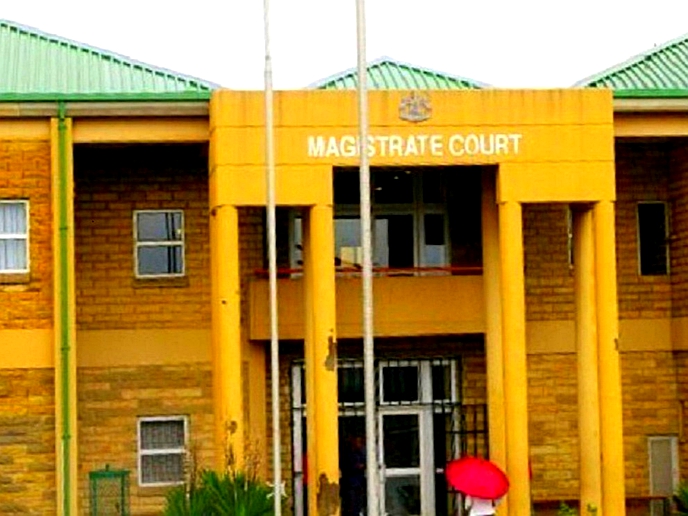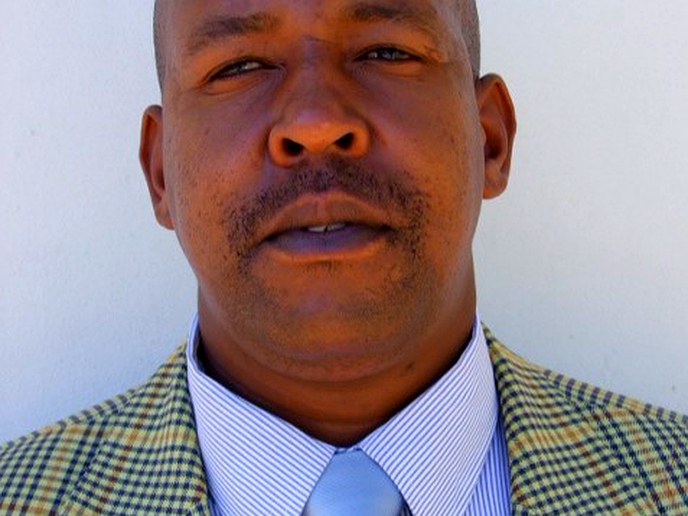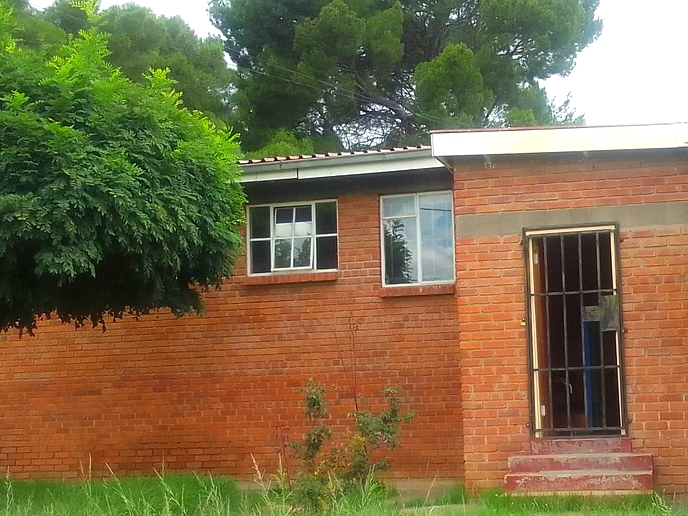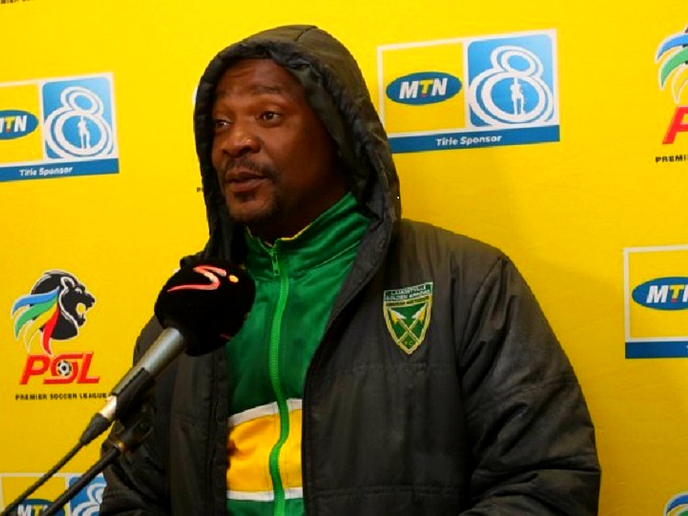IN any war, there are units that distinguish themselves and others that become symbolic of failure. The 331st Guards Parachute Regiment had high hopes of being the first, but now represents the disintegration of Russia's plan for a quick war.
news
April 3, 2022
OWN CORRESPONDENT
7 min read
The heavy losses of an elite Russian regiment in Ukraine
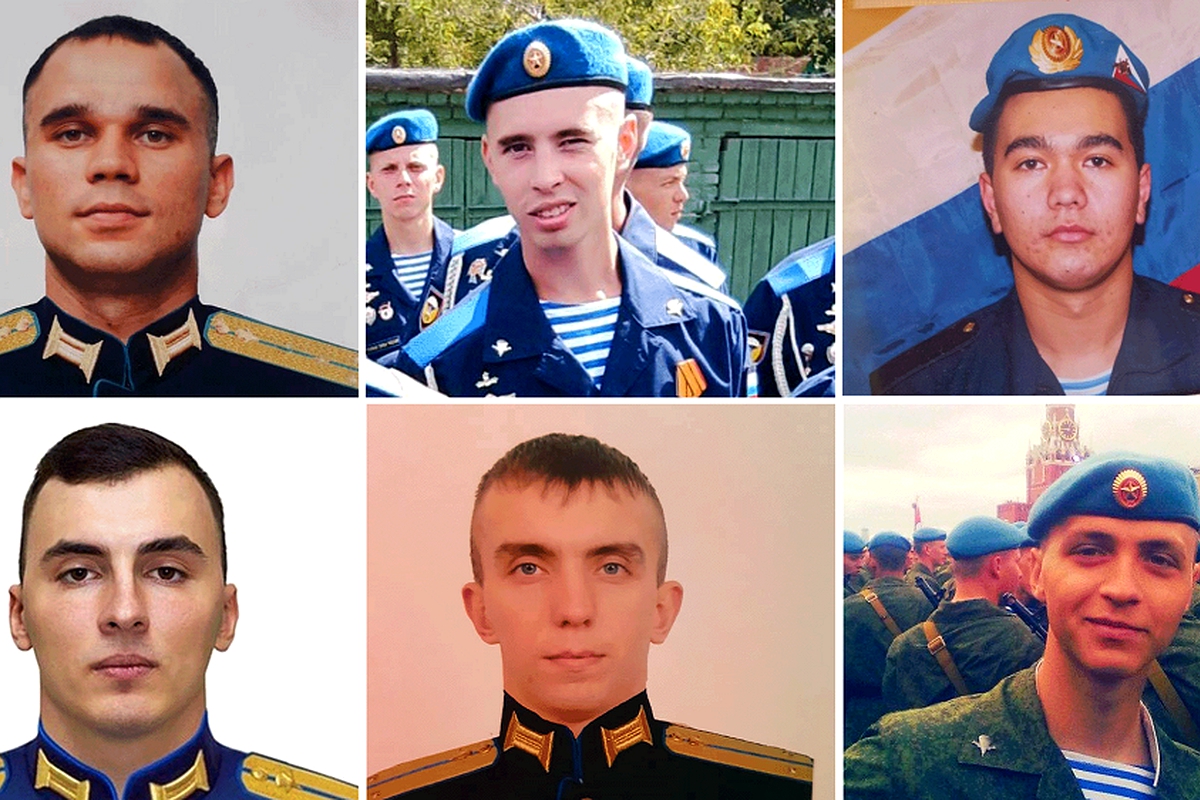
Some of the 39 Russian soldiers from the 331st regiment who are known to have died
Story highlights
The regiment's commanding officer, Col Sergei Sukharev, was killed in Ukraine on 13 March, and was posthumously awarded the Hero of the Russian Federation medal. At his funeral, deputy defence minister Gen Yuri Sadovenko said the colonel "lived for the future, for the future of our people, a future without Nazism".
Col Sergei Sukharev, commander of the Kostroma 331st regiment, was also killed
Casualties among Russian forces are not widely reported in Russia itself, but using open source material, the BBC has pieced together the story of their advance, and found that at least 39 other members of the elite 331st regiment have died.
The men were part of a column that advanced into Ukraine from Belarus, led by Russia's airborne forces, known by the acronym VDV. Their presence underlined the priority of their objective - advancing on the capital, Kyiv.
That advance swiftly got drawn into a destructive stalemate in districts on the outskirts of Kyiv which soon became synonymous with the viciousness of the war: Bucha, Irpin, and Hostomel.
Videos that emerged online from these battles showed combat vehicles used by Russian airborne forces with "V" signs painted onto them.
One video found shows several damaged light armoured vehicles from the VDV, abandoned after an attack by Ukrainian special forces. Another shows several vehicles from the Russian airborne forces apparently abandoned.
The men in the 331st regarded themselves as the pick of Russia's army. In a video posted online last May, a general tells soldiers of the 331st Parachute Regiment that they are "the best of the best". The unit served in the Balkans, Chechnya, and the 2014 Russian intervention in the Donbas region of Ukraine, and regularly took part in Red Square parades in Moscow.
The 331st was also a showcase for Russia's policy of replacing national service soldiers with contraktniki - professionals under contract. It is understandable why the generals should have given it an important role in the invasion.
A comment on a post mourning Maj Sergei Krylov reads: "We are proud of you, thank you for supporting peace. Russian hero Major Krylov. RIP" - this post is no longer public
From early March, reports began to circulate of deaths in the 331st. It took time for bodies to be returned to Kostroma, the community where it is based, 300km north-east of Moscow.
As the funerals started, an anguished conversation began playing out on social media. Memorial walls on V'Kontakte - the Russian equivalent of Facebook - pledge "eternal memory" and feature pictures of candles.
The wife of Sergei Lobachyov mourns her "reliable, loving and caring husband"
A woman who says she was the wife of Warrant Officer Sergei Lobachyov writes: "Seryozha, my most reliable, loving and caring husband. Now you are in heaven and you will protect us from there! You will always live in our hearts and you will forever be a real hero to me!"
Although many posts appear to accept Kremlin explanations that the war is being waged against Ukrainian fascists, some also display anxiety about the lack of reliable information.
On the memorial wall for Sergeant Sergei Duganov, one woman wrote: "Nobody knows anything. The 331st regiment is disappearing. Almost every day, photos of our Kostroma boys get published. It sends shivers down my spine. What's happening? When will this end? When will people stop dying?"
Her post was followed by another, which exclaimed: "Kostroma has lost so many young men, what a tragedy". Another pleaded: "God, how many more death notifications shall we receive? Please have mercy on our boys, help them survive, return them back home to their wives and mothers. I'm begging you!"
Yanosh Leonov's partner writes: You are a real hero, you are the best father, a loved and loving husband, a loyal friend and a real fighter.
Speaking out about the war in Russia carries great risks, but there are hints of a loss of faith in the Kremlin's arguments for war. On the memorial page for one sergeant, a woman asks: "Why aren't children of MPs not on the frontline? The majority of them live in Europe anyway. Ordinary boys are dying for no good reason." Another uses an expletive to describe President Vladimir Putin, and goes on to say that by deciding to "play war" he has "sent thousands of guys to die".
For the most part though, those reacting on social media remain true to the official narrative.
The top Ukrainian comment on a post mourning Ravshan Zhakbayev reads: Everyone who steps on our soil to occupy it will get buried in it. Welcome to hell! A later comment reads: Eternal memory to you, our hero, our protector. Thanks for all.(((
On some V'Kontakte memorial walls, Ukrainians have posted comments mocking the dead men. "Over 15,000 have died already and they will continue on dying as long as they'll keep on marching on our land. Nobody invited you freaking saviours," reads one.
"Alexander, go away you bloody Nazi," a Russian responds to another mocking post. "Our soldiers are real heroes. Russians have never killed civilians nor children, which is something you can't say about Ukrainians."
Enjoy our daily newsletter from today
Access exclusive newsletters, along with previews of new media releases.
The fury of those online exchanges is nothing, though, to the experiences of the VDV forces, who have been hit by Ukrainian artillery, ambushes, and infantry assaults during weeks of bloody combat.
In these close-quarter battles, they have discovered what earlier VDV units learned in Afghanistan - that armoured vehicles designed to be light enough to be carried on planes do not give much protection from enemy fire. From the roads outside Hostomel airfield, to a side street in Bucha, or a road junction in Irpin, videos taken by Ukrainians have shown burnt out and abandoned vehicles belonging to the airborne group.
These scraps of phone footage also speak to a more basic failure. In these shattered neighbourhoods around Kyiv, the Russian paratroopers were outmatched by the Ukrainians. And given that the defenders were in many cases simply local defence units or reservists, that speaks to a basic failure in the VDV's system of training and recruitment.
Ukrainians have latched on to the 331st's losses, making excited claims that the regiment has been "wiped out". Ilya Ponamarev, a former Russian MP and opposition figure who now lives in Kyiv, says people there see the regiment's fate "as a perfect example of karma".
During the 2014 fighting in the Donbas, the 331st was held responsible by Ukrainians for killing hundreds of Ukrainian soldiers at Ilovaisk, in breach of a ceasefire agreement.
However, while the regiment has suffered considerably, Ukrainian claims that they have been wiped out are an exaggeration. It is likely, though, that the 331st Parachute Regiment may have been withdrawn from Ukraine recently - certainly unidentified elements of the VDV task force to which it belonged were filmed on 29 March pulling back into Belarus.
As for the price of failure, it mounts daily. At the time of writing, BBC Newsnight had compiled a list of 39 named members of the 331st Parachute Regiment killed in Ukraine. But since none of those fatalities is more recent than the 13 March, it can be supposed that dozens more will emerge in the coming weeks.
Kostroma locals have told us they believe that around 100 members of the regiment may have died. And many families will never receive their loved one's body because it was left behind on the battlefield.
Even a conservative projection of the deaths we now know about, and their dates, suggest that the town's losses in a few weeks in Ukraine already exceed those from the conflicts in Afghanistan and Chechnya.
The regiment that set off full of confidence in February has acquired the type of reputation that no soldiers would ever want. BBC News
Tailored for you



